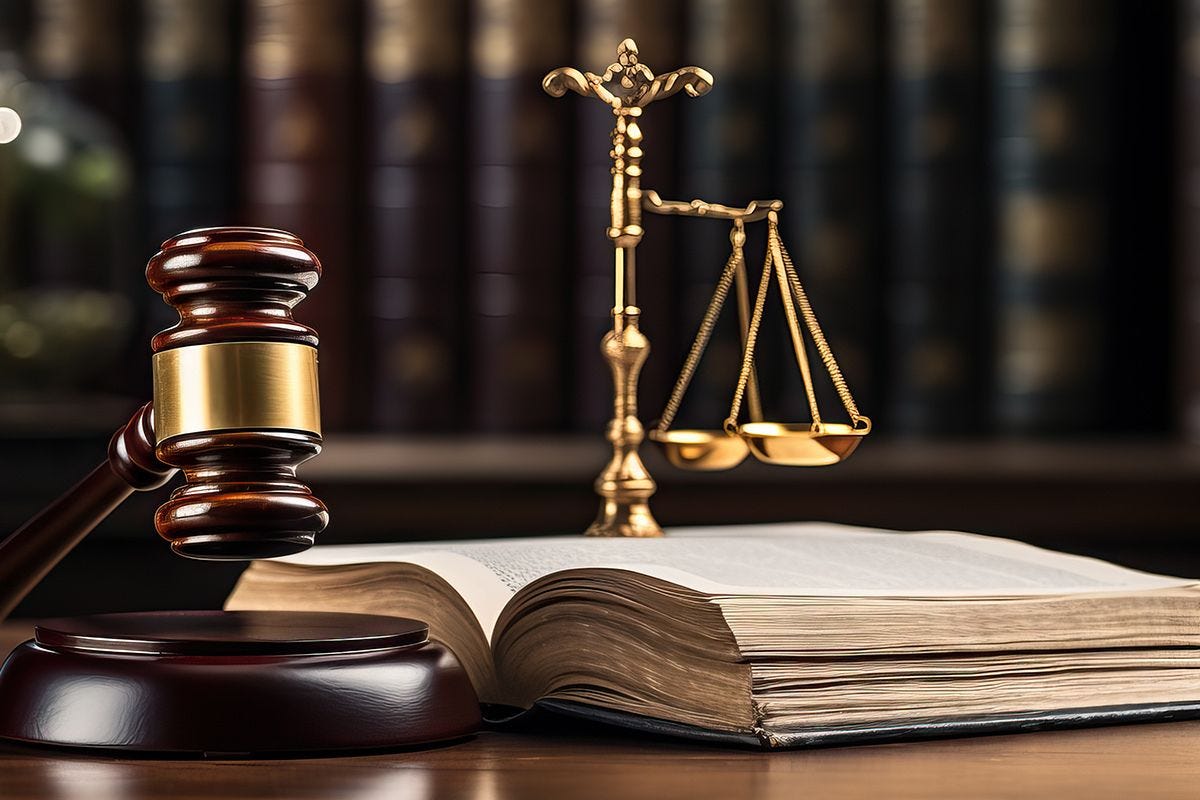The C.W. Park USC lawsuit has garnered significant attention, bringing to light serious allegations and complex legal proceedings. C.W. Park, a respected academic and faculty member at the University of Southern California (USC), became involved in a legal dispute that has raised questions about academic freedom, workplace dynamics, and institutional accountability.
Who is C.W. Park?
C.W. Park is a renowned professor at the University of Southern California’s Marshall School of Business. With a career spanning several decades, Park has made significant contributions to the field of marketing, particularly in brand management and consumer behavior. His research and teachings have been influential in shaping the next generation of business leaders.
Background of the USC Lawsuit
The C.W. Park USC lawsuit originated from allegations involving workplace conduct and academic disputes within the university. The specifics of the case involve a combination of personal grievances, professional disagreements, and accusations that have led to a highly publicized legal battle.
Key Allegations
The lawsuit centers around allegations that C.W. Park was subjected to unfair treatment and retaliatory actions by the university administration. According to the claims, Park’s professional environment became increasingly hostile due to disagreements over academic matters, leading to actions that Park deemed discriminatory and unjust.
The case also touches upon broader issues of academic freedom, with Park asserting that his ability to teach and conduct research was compromised by the university’s administration. This has sparked debates about the rights of faculty members to express dissenting opinions and challenge institutional norms without fear of reprisal.
University’s Response
The University of Southern California has responded to the C.W. Park USC lawsuit by denying the allegations and asserting that the actions taken were in line with the institution’s policies and procedures. The university has maintained that it operates with a commitment to fairness and integrity, and that any actions taken were in response to legitimate concerns.
USC has also highlighted its ongoing efforts to ensure a supportive and inclusive environment for all faculty members. The institution has emphasized that it values academic freedom and strives to protect the rights of its faculty, while also balancing the need for professional conduct and adherence to university policies.
Legal Proceedings and Developments
The C.W. Park USC lawsuit has seen several legal developments since it was first filed. Both parties have presented their arguments in court, with evidence and testimonies being scrutinized by legal experts. The case has involved complex legal questions about employment law, academic rights, and the responsibilities of educational institutions.
As the case progresses, it continues to attract attention from the media, legal scholars, and the academic community. The outcome of the lawsuit could have significant implications for how universities handle internal disputes and the extent to which faculty members can exercise their rights within the academic setting.
Implications for the Academic Community
The C.W. Park USC lawsuit raises important questions about the balance between academic freedom and institutional governance. If the court sides with Park, it could set a precedent for how similar cases are handled in the future, potentially leading to stronger protections for faculty members who find themselves at odds with university administration.
On the other hand, if the university’s position is upheld, it may reinforce the authority of educational institutions to manage internal conflicts according to their established procedures. This could have implications for how universities across the country address disputes involving faculty members.
Public and Academic Reactions
The lawsuit has elicited strong reactions from both the public and the academic community. Many have expressed support for C.W. Park, viewing his case as a stand against what they see as overreach by university administrations. Others, however, have sided with USC, arguing that institutions must have the ability to enforce standards and policies to maintain a productive academic environment.
The case has also sparked discussions about the broader issues of power dynamics within universities, the role of faculty governance, and the importance of safeguarding academic freedom. These debates are likely to continue as the case moves forward and as the academic community grapples with the implications of its outcome.
Conclusion
The C.W. Park USC lawsuit is a complex and highly significant case that touches on critical issues within the academic world. As it continues to unfold, it will be closely watched by legal experts, educators, and the public. The eventual outcome could have far-reaching effects on how universities operate and how they manage the delicate balance between institutional authority and individual rights.







